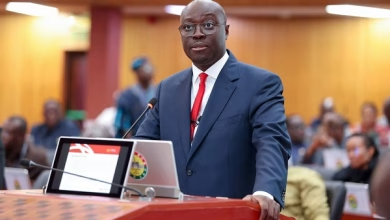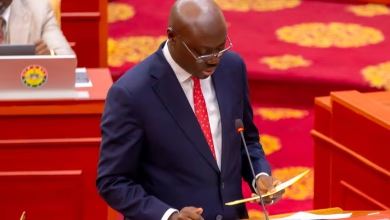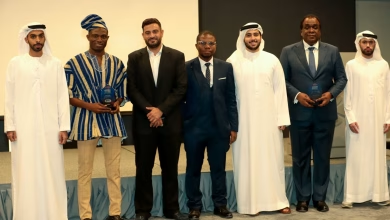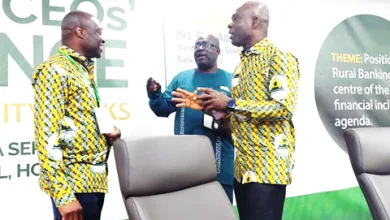World Bank Grants $250 Million Loan to Enhance Ghana’s Energy Industry
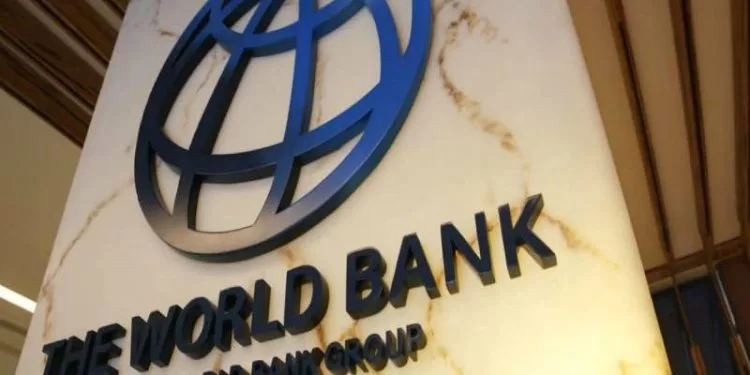
- World Bank approves $250m for Ghana's energy sector recovery.
- Programme improves electricity distribution and access.
- Support strengthens revenue collection and energy supply.
- Clean Cooking Component promotes LPG for domestic use.
The World Bank has approved a $250 million credit and a $10 million grant to support Ghana’s energy sector recovery programme. The programme aims to improve the financial viability of electricity distribution and increase access to clean cooking solutions.
The credit and grant are part of the International Development Association’s (IDA) support for Ghana’s Energy Sector Recovery Programme (ESRP). The ESRP is a 4-year programme that aims to improve the operational and financial performance of energy utilities in Ghana.
Ghana’s energy sector faces significant challenges, including high electricity distribution losses due to low collection rates and below-cost recovery tariffs. This has resulted in a significant financial shortfall, which the government covers annually to the tune of about 2% of GDP.
The World Bank’s support aims to strengthen revenue collection and improve the quality of energy supply through investments in prepaid metering and commercial and meter management systems. The programme will also support regulatory and policy reforms in the energy sector.
The programme is results-based, meaning that disbursements will be linked to specific outcomes and achievements. This approach aims to ensure that the funds are used effectively and efficiently to achieve the desired results.
The programme will also focus on improving institutional capacity and accountability in the energy sector. This includes providing financing directly to energy sector utilities to implement capital expenditure programmes.
The Clean Cooking Component of the programme aims to increase access to Liquified Petroleum Gas (LPG) for domestic and commercial use. This will help reduce the cost of electricity service provision and improve the health and livelihoods of Ghanaians.
The programme will provide direct incentives to subsidize the cost of stoves and accessories for first-time domestic users, commercial caterers, and second-cycle schools. This aims to increase women’s access to clean cooking solutions, reduce time poverty, and improve women’s income-generating opportunities.
The International Development Association (IDA) is one of the largest sources of assistance for the world’s poorest countries. Since 1960, IDA has provided $458 billion to 114 countries, with 70% of annual commitments going to Africa in recent years.
The World Bank’s support for Ghana’s energy sector recovery programme demonstrates its commitment to supporting the recovery of the energy sector and its financial sustainability. The programme aims to make a positive impact on the lives of Ghanaians and support the country’s economic growth and development.



